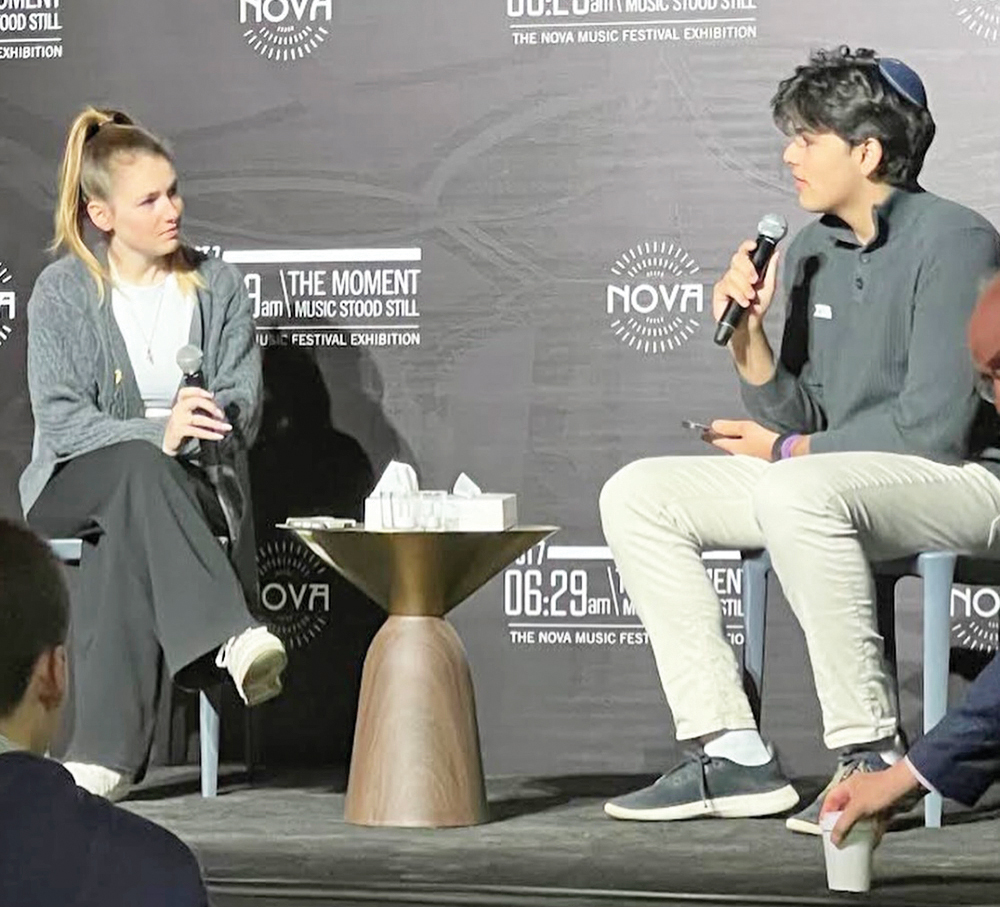

The midrash says Rosh Hashanah is the birthday of the universe. That brings us to the very beginning, to Creation itself, and begs a question… why did Hashem create Gan Eden, the Garden of Eden, and why does it figure so prominently in the very first chapter of the Torah? What was the Garden of Eden? And where was it? And why was it created? There are many midrashim and hints in Bereishis. The word gan, the Hebrew word for garden is explicit. It is not a sadeh, a field; it is not a pardes, an orchard, and it is not a kerem, a vineyard. The word Eden evokes, as Ziony Zevit wrote in What Really Happened in the Garden of Eden, the image of an agriculturally productive area. It was cultivated and made to look beautiful to evoke pleasure, as well as to provide sustenance to beings Hashem had yet to create.
The major wonder of this particular garden, notes Zevit, “may have been its landlord, who could guarantee rain. The river flowing through Eden made watering in dry seasons a simple matter of digging and maintaining systems of sluice gates and small channels to bring water to the plant plots and tree groves. …” Many believe that Gan Eden sat on both banks of the Euphrates River. Yes. THAT Euphrates River–the one in Iraq.
Zevit writes, with footnotes from the Tanach galore, that “God’s garden, like that of every Israelite who had one, was not conceived as wondrously self-maintaining in the way that Greek stories imagined the world during the Golden Age. Gardens are civilized artifacts, manufactured and controlled, they are usually created with some mix of utilitarian and aesthetic purposes. …So as God planned and planted his garden, he also planned ahead for its upkeep by a human caretaker. Thinking ahead, he anticipated the humans’ nutritional requirements.”
Aha! Hashem was the first foodie!
Since Gan Eden, throughout Bereishis, and in other places in Tanach, is described as a magnificent, abundant garden, one can only imagine the bounty that came forth from it just in time for the Universe’s birthday. Even at the dawn of Creation, Adam and Chava had to yank the weeds, pinch back the suckers, pull off the bugs, and make sure there was plenty of sunlight and water… (There had to be bugs for pollination, Hashem created a system, after all.) Wind did its fair share of pruning, as did noshing animals…like deer and other herbivores. And this was no hobby…no backyard project, where if your crop fails, you climb in the car and head to the farmer’s market or produce aisles at the supermarket of your choice.
Some of us with gardens in our backyards, on our decks or even on our windowsills, are now reaping the benefits of homegrown edibles, pulled right off the tree or out of the ground (or pot). It’s just an amazing experience to witness how Hashem makes it possible for us to grow our own ingredients for the Yom Tov feast, especially if you started from seeds and not flats. Making sure that plants survive the rough weather, the droughts, the fungi, the bugs and anything you can think of, makes it all that much more worthwhile when there is something to put in the pot and on the table, something to be grateful for and celebrate.
In the recipes below, you will find tomatoes, cucumbers, scallions, dill, basil, peppers, red onions, fennel, carrots, and beets. Those in my recipes come from my yard and my neighbor’s yard. Since space was limited, we could not add recipes for the zucchini, potatoes, or string beans (pickle them with hot peppers and vinegar). Strawberries and figs come from the back porch, apples from the neighbors’ yard. We even made a strawberry/rhubarb compote with what we harvested. But sorry, there’s no room for everything. (BTW, don’t forget that carrot tops, parsley, dill and basil, along with celery, make great soup greens.)
On the next couple of pages we present some of Jaime Geller’s recipes, and one or two of my own. Enjoy a sweet and wonderful Yom Tov and a healthy, happy and wondrous Shana Tova, und ess gezunterheit.
By Jeanette Friedman













